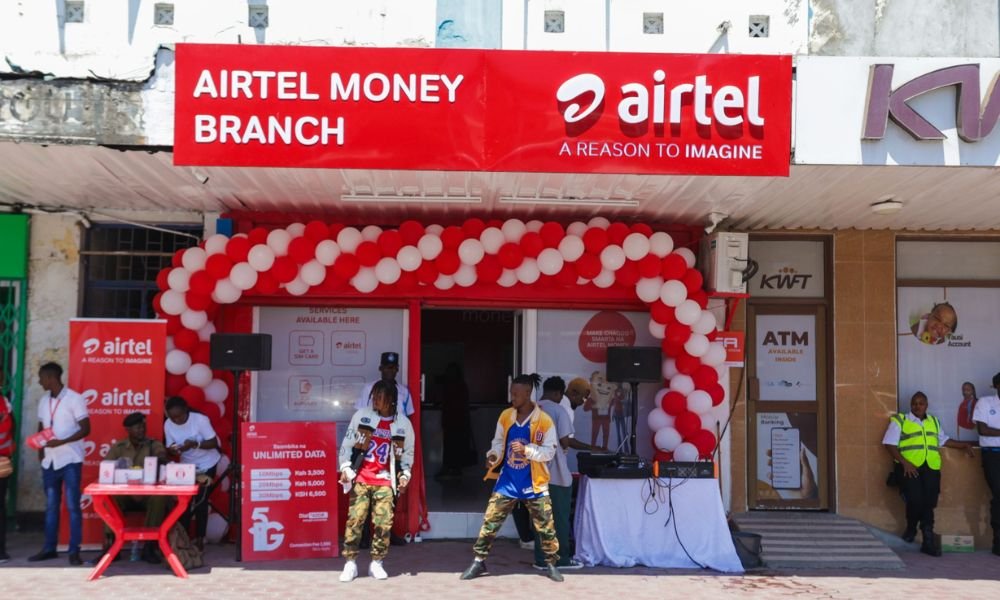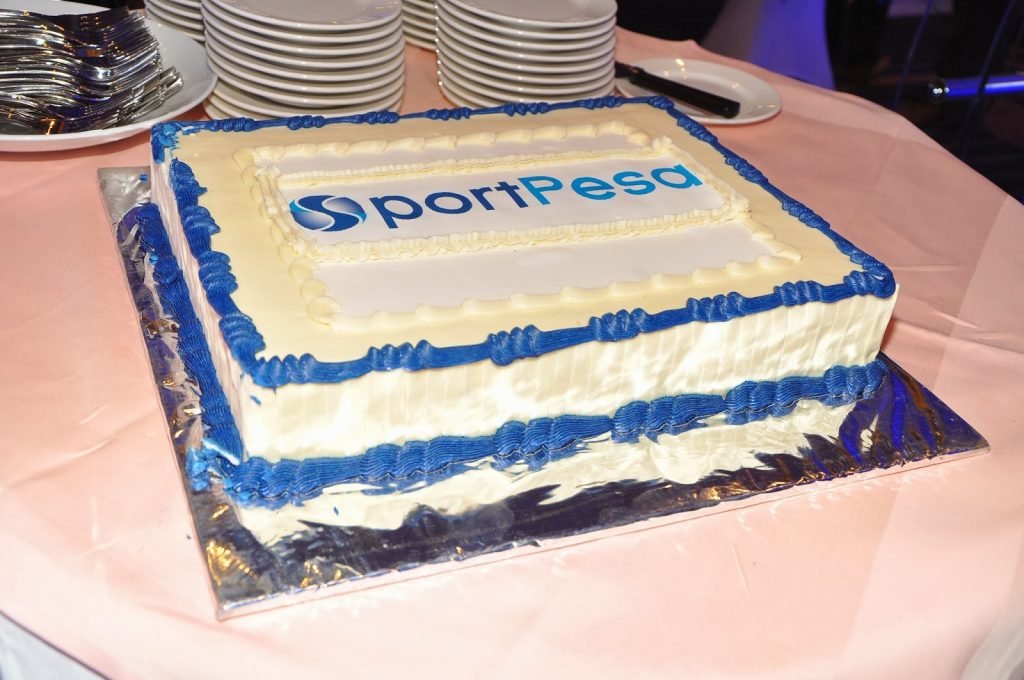
As a law student, I believed my studies had equipped me with a healthy scepticism towards deals that seem too good to be true. Yet, I, like countless other Kenyans, recently fell victim to a sophisticated scam operating in plain sight on Instagram. My encounter with the online store “Luxury 254”
https://www.instagram.com/luxury254_/?hl=en was not only a personal disappointment but also a crash course in the realities of illicit trade, consumer protection gaps, and the brazen audacity of counterfeiters in the digital age. It began with a compelling advertisement for designer perfumes at an irresistible offer for two at the price of Kshs. 2,500.
After confirming the offer’s validity, I made the purchase. The goods were delivered on Monday morning at 11 am. Upon inspection, however, the promised luxury was replaced by a harsh, chemical stench reminiscent of air freshener.
When I confronted the seller, their response was not an apology but an admission: they explicitly stated they sell “grade two perfumes.” This term, as I quickly learned, is a clever euphemism employed by illicit traders to mask the illegal sale of counterfeit goods. This experience propelled me from being a frustrated consumer to a concerned citizen and student of law, determined to understand and expose the legal violations at play.
The Legal Facade: Why “Grade Two” is Simply Illegal
The operation of stores like Luxury 254 constitutes a multi-layered violation of Kenyan law. Their actions are not merely unethical; they are criminal.
1. Violation of the Anti-Counterfeit Act, 2008:
This is the most egregious offence. The Act defines counterfeiting as the manufacturing, production, or making of goods that imitates another good, likely to be confused with the protected good, without the authority of the owner of the intellectual property right. By advertising and selling products bearing the trademarks “Gucci” and “Tom Ford,” Luxury 254 was engaging in precisely this. Section 32 of the Act explicitly makes it an offence to manufacture, sell, hire, barter, or expose for sale any counterfeit good. The penalty upon conviction is a fine of at least three times the value of the goods, imprisonment for a term of at least five years, or both. The Anti-Counterfeit Authority (ACA) is specifically mandated to combat this exact type of crime.
2. Breach of the Consumer Protection Act, 2012:
My transaction was a textbook case of consumer rights infringement. Article 46 of the Constitution of Kenya guarantees consumers the right to goods of reasonable quality and the protection of their health, safety, and economic interests. The Consumer Protection Act operationalizes this right. Section 4 outlines fundamental consumer rights, including the right to information about goods and protection against misleading and deceptive conduct. Luxury 254’s advertisement was a clear false representation under the Act, as it created a false impression that the goods were genuine luxury products.
3. Contravention of the Competition Act, 2010:
The deceptive advertising also falls under the purview of the Competition Authority of Kenya (CAK). Section 55 of the Act prohibits misleading representations to the public, including false or misleading descriptions concerning the nature, characteristics, or quality of goods. By using branded images to sell a completely different, substandard product, Luxury 254 engaged in precisely this kind of anti-competitive and deceptive practice.
A Systemic Problem, Not an Isolated Incident
My unfortunate experience is the tip of an iceberg to a national crisis. The ACA estimates that one in five goods sold in Kenya are counterfeit, posing a huge risk to the country’s economy and the safety and health of the nation.
Kenya has been cited as a leading market and key distribution point for counterfeit goods, a problem exacerbated by porous borders and the rise of e-commerce. The ACA’s National Baseline Survey found that 70% of counterfeit goods in Kenya are imported, indicating a sophisticated supply chain that feeds platforms like Instagram.
The term “grade two” is a deliberate smokescreen. The ACA makes no such distinction; a product is either genuine or it is counterfeit. These perfumes are not merely lower quality; they are illegal fakes that often contain harmful substances unregulated and unsafe for human use, especially when applied to the skin. The UN ranked Kenya third in the trafficking of counterfeit pharmaceutical and veterinary drugs, highlighting the severe health risks this trade poses
The Kenya Association of Manufacturers estimates a 40% infiltration of counterfeit medications, suggesting that the problem with perfumes is just the tip of a very dangerous iceberg.
The Digital Marketplace: A Fertile Ground for Illicit Trade.
Instagram and other social media platforms have become the new frontier for counterfeiters. The anonymity, ease of setting up shop, and direct access to a vast consumer base make them ideal.
As the ACA itself has noted, the COVID-19 pandemic accelerated this trend, with counterfeiting levels rising from 18% in 2017 to 20% in 2022, largely due to increased online activity.
Martin Luther of the ACA’s Nairobi Region enforcement unit has rightly called online counterfeiting a form of cybercrime, placing responsibility on e-commerce platform operators to sanitize their trade.
For consumers, the online space is fraught with peril. The inability to physically examine a product before purchase makes us vulnerable.
We rely solely on images and descriptions provided by the seller, which are often stolen from legitimate brands. The fight requires a multi-agency approach, combining the efforts of the ACA, CAK, KRA, and DCI, alongside proactive measures from the platforms themselves.
A Call to Action for COFEK, Regulators, and Consumers
As a law student, this experience has been profoundly educational. It moved concepts like “intellectual property rights,” “consumer protection,” and “illicit trade” from the pages of my textbooks into a tangible reality.
It underscored the critical work of organizations like the Consumers Federation of Kenya (COFEK) in educating the public and advocating for stronger enforcement.
Therefore, I join my voice to call for:
1. Enhanced Digital Enforcement: The ACA and CAK must intensify monitoring and crackdowns on Instagram and other social media platforms. There should be zero tolerance for stores operating without proper business registration and tax compliance.
2. Public Awareness Campaigns: Consumers must be educated that “grade two” is a scam. We need to be taught how to identify red flags, such as prices that are too good to be true and sellers without a physical address or verifiable contact information.
3. Platform Accountability: Meta (Instagram’s parent company) must be urged to implement more robust verification processes for business accounts and responsive mechanisms for reporting counterfeit goods.
4. Strengthened Collaboration: As recommended by KIPPRA, a stronger public-private partnership is essential. Technology, such as verification codes, should be leveraged to help consumers authenticate products.
I request COFEK’s intervention to secure a full refund, investigate this illicit operation, and warn the public against this deceptive “grade” marketing tactic that harms consumers and fair trade.





